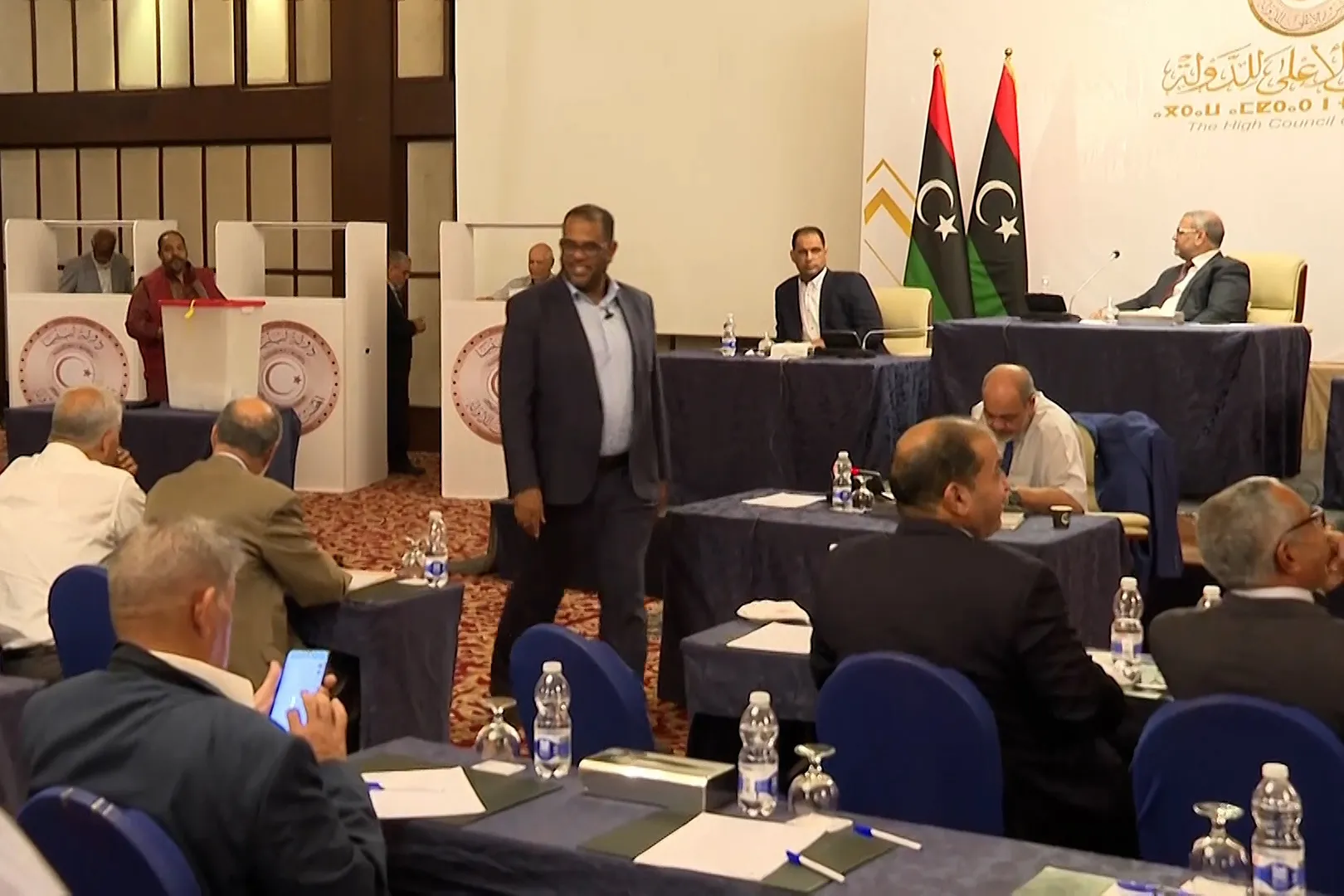(4 minutes read)
One of Libya’s top governing bodies elected a new head recently. This development could further fracture a country already split between two rival administrations, adding to more chaos and confusion
One of Libya’s top governing bodies elected a new head recently. This development could further fracture a country already split between two rival administrations, adding to more chaos and confusion. Mohamed Takala is the body’s new leader of the Supreme Council of State, billed as one of the top governing bodies elected. He replaced Khaled el-Meshri, a powerful figure who had been key in negotiations over the country’s election laws.
Read Also:
https://trendsnafrica.com/elections-in-libya-will-it-happen/
Both the voting and count were live-streamed on local Libyan news channels. The final count was announced in favour of Takala, 67-62. Political analysts say the introduction of a new leader at the helm of a key political institution could add more uncertainty to the country’s already deeply divided politics. The UN has been trying for a nationwide election to end the country’s decade-long power vacuum. But that seems to be a far cry as dissensions mount among important political players. For years, rival leaders have failed to agree to a set of election laws that would set the terms of that vote.
Read Also
https://trendsnafrica.com/libya-to-resume-air-services-to-italy/
The oil-rich country is split between rival administrations in the east and west, each supported by different militias and foreign governments. This has been the state since Libya has been torn by conflict since a NATO-backed uprising toppled and killed longtime dictator Moammar Gadhafi in 2011. The two administrations, which rule the roost in the North African country are based in Tripoli and Sirte. The House of Representatives is based in the eastern city of Tobruk. Khalifa Hifter, the powerful commander, continues to hold sway in the country’s eastern region, from its main city of Benghazi, while the Tripoli government is headed by Prime Minister Abdul Hamid Dbeibah. The Sirte-based administration, supported by the country’s House of Representatives, suspended its former Prime Minister Fathi Bashagha in May, adding to uncertainties.
Read Also:
https://trendsnafrica.com/undp-discusses-strategy-for-developing-renewables-in-libya/
Libya is rich in natural resources, such as fossil oil, natural gas, and gypsum. It generates substantial resources from the energy sector. Having a small population, Libya enjoys one of the highest per capita GDPs in Africa. But the ongoing political slugfest since the death of the dictator Col Gaddafi is eating into the vitals of the resource-rich country. Prominent political affiliations in the country are supported by foreign sources. Efforts of the UN and other well-wishers to usher in a new era of peace and tranquility so far did not make any dent in the country’s political system.





